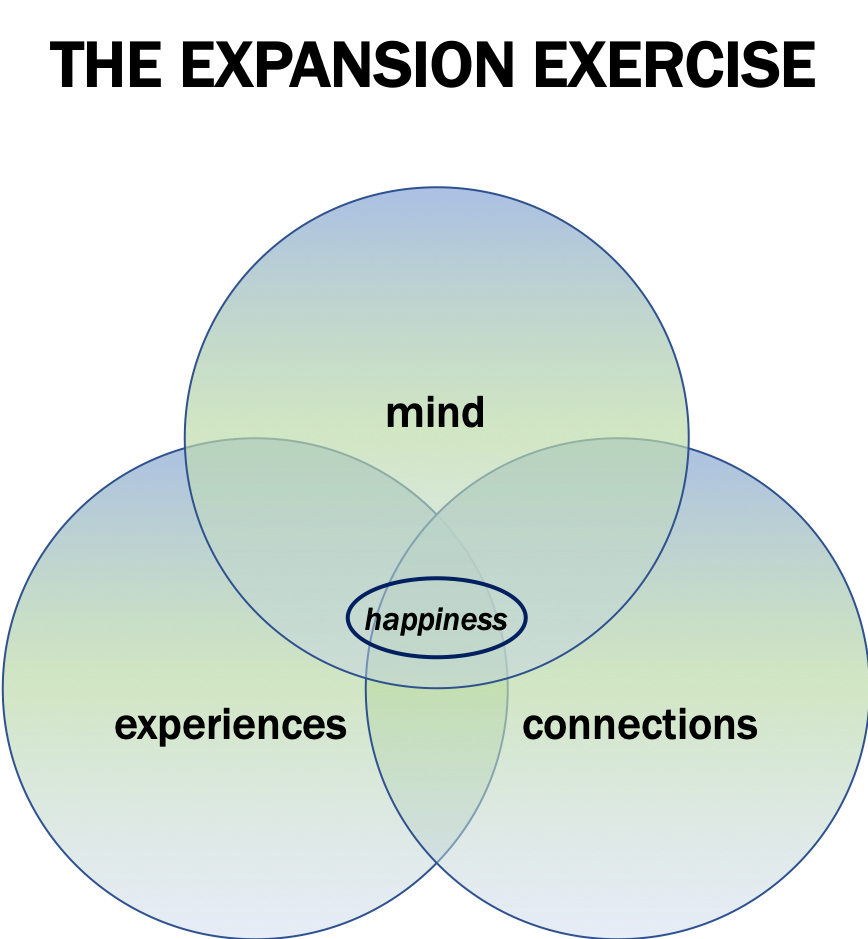
INSIGHTS (on leadership/self-leadership)
When you ask someone to do something, what’s your success rate of them, a) doing it, or b) doing it well? If you’d like to score better here, get more people to do what you want, remember four words.
Turn action into identity.
Here’s what I mean. We use verbs when asking people to do something. “Can you help me with this project?” “Can you take a moment to review this?” “Will you get out and vote?”
But, as Wharton professor, Jonah Berger, points out (shortened for brevity):
“Using verbs is a logical way to request action, but a subtle linguistic shift increases your influence. Rather than asking people to “help,” research finds asking them to be a “helper” increased helping by almost a third. Rather than asking people to “vote,” asking them to be a “voter” increased turnout by 15%. Turning actions (helping or voting) into identities (being a helper or voter) makes people more likely to take action because it turns that action into an opportunity to claim a desired identity.”
Claiming an identity is more personal, and so more motivating. Who doesn’t want to be seen as an intelligent or helpful person? So, if you want people to lead, ask them to be a leader. Want people to listen? Ask them to be a listener.
It works for discouraging actions you don’t want, as well. Psychology research shows saying “don’t be a cheater” vs. “don’t cheat,” reduced the amount of unethical behavior by more than 50%!
So, turn action into identity, and turn up your impact.
IMPERFECTIONS (a mistake many make)
In the last issue, I discussed the Finnish secret to happiness – knowing when you have enough. It’s the great happiness trap, believing,“I’ll be happy when…”
I talk about this important insight (and many more) in my new LinkedIn Learning course, Happiness Habits. In it, I also discuss, “The Expansion Exercise” – how expanding time spent on three things in particular, disproportionately leads to more happiness:

I’ll explain.
Science shows expanding your mind by continually learning and growing, directly links to more happiness. It creates feelings of competence, a sense of meaning, and moves you closer to living to your fullest potential (all, deeply gratifying). In fact, consider the opposite. Think of a time in your career when you were the most frustrated and unfulfilled. There’s a good chance it was when you weren’t learning and growing, and found yourself asking, “Am I wasting my time here?”
Expanding time you spend connecting with people that matter to you is also vital for happiness. An 80-year Harvard study revealed the key to happiness is tending to your relationships. Doing so is a far better predictor of happiness than money, fame, social class, IQ, or even genes. A 70-year study from Boston University showed that surrounding yourself with happy people, leads to you being happier. Conversely, by the way, spending time in toxic relationships leads to less happiness.
Finally, expand the time you spend on experiences. Research from the University of Colorado shows people are happier when they spend their time (and money) acquiring life experiences versus material possessions. Turns out it’s more rewarding to do, then to have.
So, consider where to expand your time spent, and make a habit of it. It’ll be time well spent. And check out my new course, Happiness Habits, via this link.
IMPLEMENTATION (one research-backed strategy, tip, or tool)
It’s human nature to be defensive when someone offers feedback or criticism. But viewing feedback as a gift, instead, is central to truly improving as a professional, and a person. Here’s a tip for doing just that. Remember the Blindspot Equation, and hold it true. It says:
your worry of having blind spots > your worry of hearing about them
It’s as easy as that. You should be more worried about having blind spots than hearing about them. Hold true to this, and feedback becomes a gift – and you’ll be gifted with greater success.
Share this publication with a friend, and check out my 5 NEW COURSES on LinkedIn Learning: Happiness Habits, 8 Ways You Block Your Success, How to Think Big, How to Get People to Like You, and The Best Leadership Lessons from the Worst Bosses.




Leave a Reply